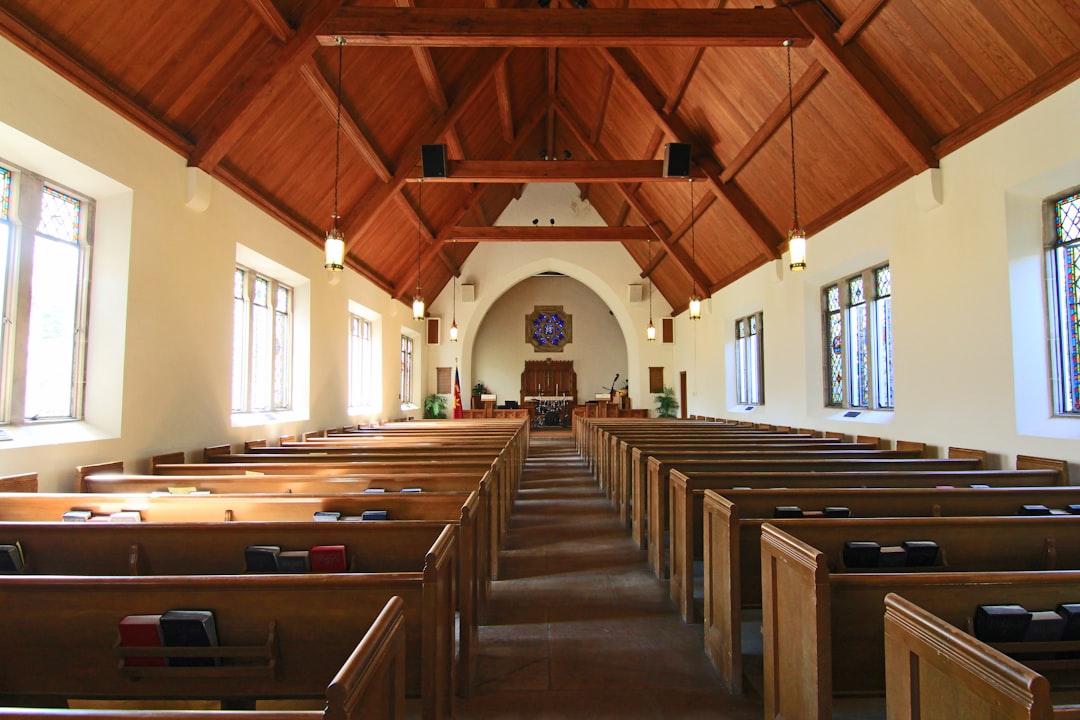Victims of clergy abuse in Texas can seek justice through understanding state laws on sexual misconduct, assault, and harassment, which enable civil lawsuits against abusers. Engaging a qualified clergy abuse lawyer San Antonio TX is crucial to navigate complex legal processes and protect rights. Skilled attorneys help secure damages for medical expenses, therapy, lost wages, emotional distress, and closure, while organizations provide support, counseling, and advocacy.
Finding Justice: Legal Solutions for Clergy Abuse Victims in Texas
Clergy abuse is a sensitive yet critical issue, and understanding legal rights is essential for victims seeking justice. This article explores comprehensive solutions for those affected by sexual or emotional abuse within religious institutions in Texas. We guide readers through the complex legal landscape, offering insights on identifying perpetrators, navigating the legal process, and choosing the right clergy abuse lawyer San Antonio TX. From understanding relevant laws to accessing support resources, this resource empowers survivors to take action.
Understanding Clergy Abuse Laws in Texas

In Texas, clergy abuse is addressed through a combination of state laws and canonical regulations within religious organizations. Understanding these legal frameworks is crucial for victims seeking justice. The first step for victims considering legal action against a clergy member or church entity is to familiarize themselves with the applicable statutes related to sexual misconduct, assault, and harassment. These laws provide a framework for holding perpetrators accountable and offer remedies for those who have suffered harm.
For instance, Texas has strict guidelines on reporting child abuse, including incidents involving spiritual authority figures. Victims of clergy abuse, particularly in cases of sexual exploitation or misconduct, can leverage these legal provisions to pursue civil lawsuits against the abuser and potentially seek compensation for their suffering. Engaging a qualified clergy abuse lawyer San Antonio TX is essential to navigate this complex landscape, ensuring victims’ rights are protected throughout the legal process.
The Legal Process for Victims: A Step-by-Step Guide

The Legal Journey for Survivors of Clerical Abuse in Texas
If you’ve been a victim of clerical abuse, navigating the legal system can seem daunting, but seeking justice is a crucial step toward healing and closure. Here’s a simplified guide to help you understand the process when considering a clergy abuse lawyer in San Antonio, TX. Firstly, it’s essential to gather evidence—this could include documentation, witness statements, or any records that support your case. Next, contact a reputable attorney specializing in clerical abuse cases; they will assess your situation and provide guidance on potential legal avenues.
In Texas, victims have the right to file a civil lawsuit against the offending clergy member or organization for negligence or intentional harm. Your lawyer will help construct a solid case, often involving interviews with experts and relevant parties. The trial process involves presenting evidence, examining witnesses, and arguing your case before a judge or jury. If successful, you may receive compensation for damages, which can aid in your recovery and hold the abuser accountable.
Choosing the Right Clergy Abuse Lawyer San Antonio TX

Choosing the right clergy abuse lawyer San Antonio TX is a critical step for victims seeking justice and closure. It’s essential to find an attorney with extensive experience handling church-related abuse cases, deep knowledge of Texas laws, and a proven track record of success. Look for someone who offers a compassionate approach, ensuring you feel heard and supported throughout the legal process.
When evaluating candidates, consider their areas of expertise, client testimonials, and communication style. You’ll want a lawyer who actively listens to your unique circumstances, provides clear guidance, and keeps you informed every step of the way. Ensure they have a strong understanding of the emotional toll clergy abuse can take and are committed to advocating for your rights effectively.
Damages and Compensation for Survivors

Survivors of clerical abuse in Texas have the right to seek legal redress and compensation for the harm they have endured. A skilled clergy abuse lawyer San Antonio TX can help navigate complex legal systems to secure damages that reflect the severity of the trauma experienced. These may include monetary compensation for medical expenses, therapy costs, lost wages, and non-economic damages such as pain and suffering, emotional distress, and loss of quality of life.
The goal is not only to provide financial support but also to acknowledge the survivor’s journey and hold accountable those who have caused harm. A successful case can offer a sense of justice, validation, and closure for victims, allowing them to move forward with their lives while ensuring similar instances of abuse are prevented in the future.
Support Resources for Abuse Victims in Texas

Victims of clergy abuse in Texas have specialized support resources available to them, offering crucial assistance and guidance. Many organizations provide legal aid, counseling services, and advocacy for individuals who have experienced sexual or emotional misconduct by religious leaders. These resources are vital for victims who may feel isolated or unsure of where to turn. One such organization is the Texas-based non-profit, [Insert Name], which offers confidential help lines, legal representation, and a safe space for survivors to share their stories. They connect victims with clergy abuse lawyers in San Antonio TX and across the state, ensuring access to justice and compensation.
Additionally, support groups led by trained professionals provide a sense of community and understanding. These groups offer a platform for victims to connect, share experiences, and begin the healing process. Many survivors find solace in knowing they are not alone. Local churches and community centers also often host awareness events and workshops, educating the public about clergy abuse and promoting healthy relationships within religious institutions.



